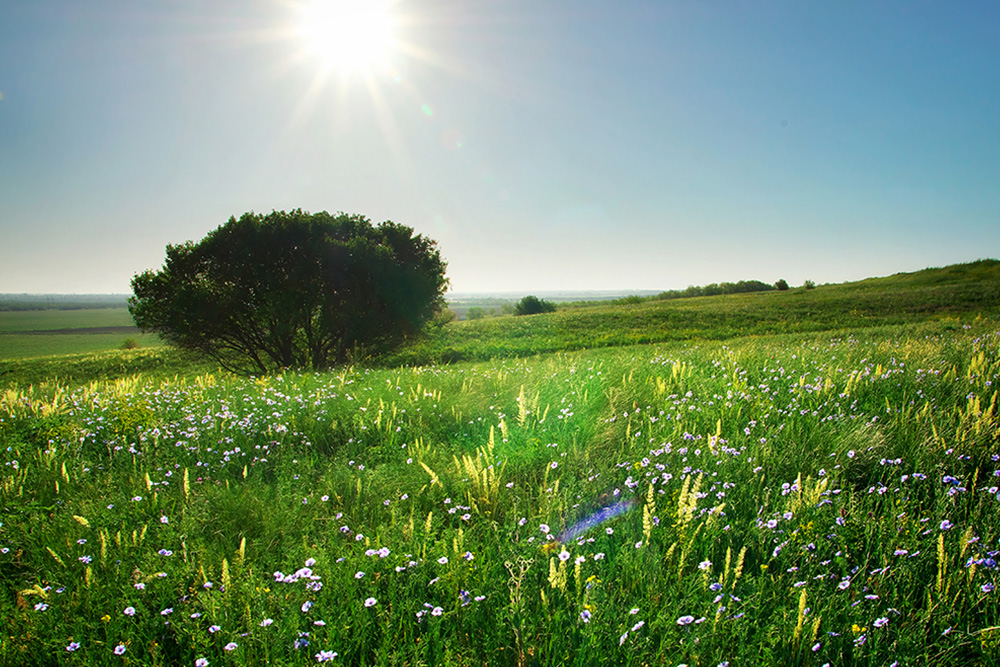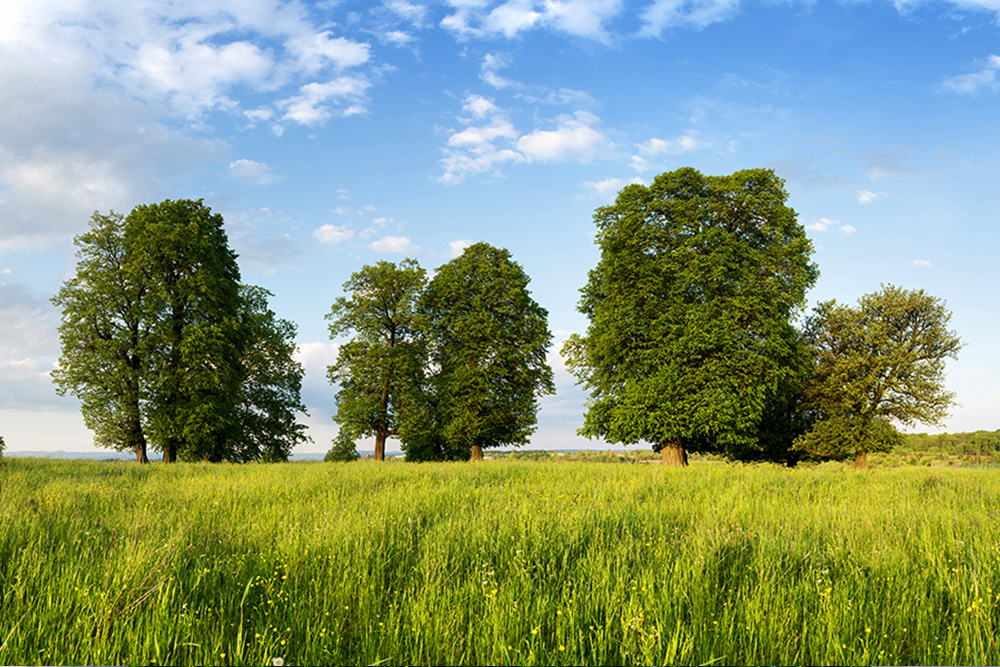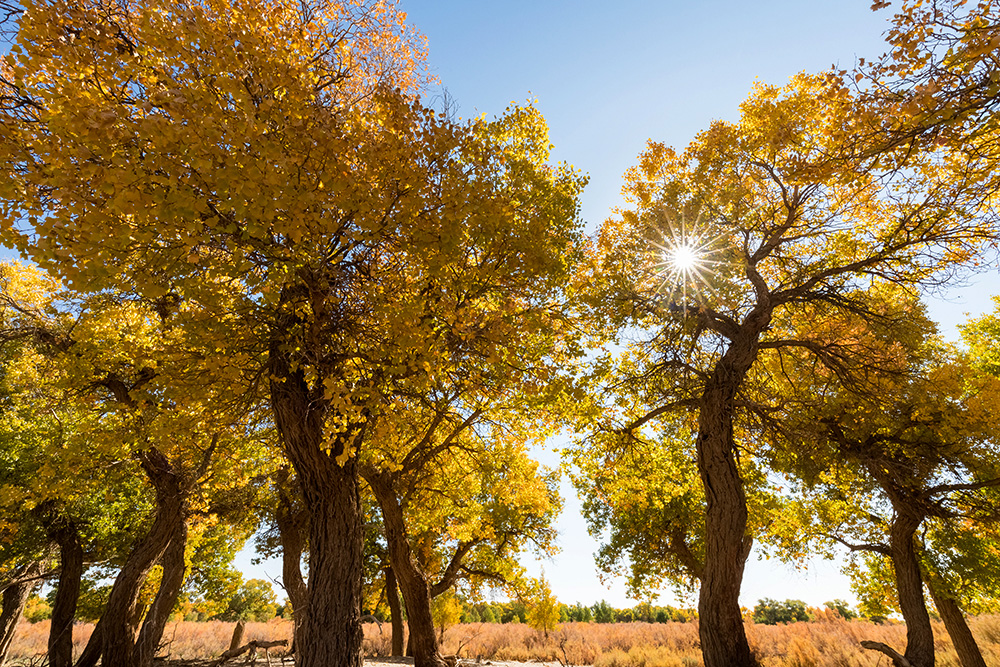Tree Insects
Identify, Manage, And Prevent Harmful Tree Insects
Table of Contents
Tree Insects And Pests Guide
Tree insects are an essential part of any landscape’s ecosystem, but when populations grow unchecked or invasive species take hold, the health and stability of trees can suffer. Knowing which insects help and which ones harm is key to proactive tree care. This resource is designed to answer common questions about tree insects, offer identification tips, and provide prevention and control strategies tailored to tree owners in South Carolina and beyond.
Common Tree Insects And Their Effects
- Sap-Sucking Insects
Sap-suckers weaken trees by feeding on plant fluids, leading to stunted growth and leaf discoloration.- Aphids – Cause leaf curl and secrete sticky honeydew.
- Scale Insects – Appear as small bumps on bark or leaves.
- Whiteflies – Often found in clusters on the underside of leaves.
- Spider Mites – Create stippled leaves and fine webbing.
- Boring Insects
These pests burrow into wood, disrupting water flow and causing structural instability.- Emerald Ash Borer – Metallic green beetle that kills ash trees.
- Bark Beetles – Attack stressed trees, causing dieback.
- Asian Longhorned Beetle – Destroys hardwood species.
- Leaf-Feeding Insects
Feeding on foliage, these insects reduce a tree’s ability to photosynthesize.- Caterpillars – Includes tent caterpillars and gypsy moth larvae.
- Leaf Miners – Tunnel between leaf layers, leaving trails.
- Japanese Beetles – Feed on leaves, leaving a lace-like pattern.
- Root-Feeding Insects
They attack from below the soil, compromising root systems and reducing nutrient uptake.- Grubs – Feed on roots, causing sudden wilting.
- Weevils – Adults feed on leaves; larvae damage roots.
- Gall-Inducing Insects
Though often more cosmetic than harmful, they can cause abnormal growths that signal stress.- Gall Wasps – Cause abnormal growths on leaves or twigs.
- Mites – Tiny pests that create small, blistered galls.
Signs And Symptoms Of Tree Insect Infestations
- Yellowing or curling leaves
- Leaf holes and partial or full defoliation
- Sticky honeydew and black sooty mold on foliage
- Visible insects or egg masses
- Sawdust-like material (frass) near the base
- Galls or swollen areas on twigs and leaves
Beneficial Insects For Tree Health
Nature offers its own pest control system with helpful insects like:
- Ladybugs – Feed on aphids and other soft-bodied pests
- Lacewings – Larvae consume large quantities of insect eggs
- Parasitic Wasps – Lay eggs inside harmful insect larvae
- Praying Mantises – General predators of tree pests
- Ground Beetles – Feed on caterpillars and grubs in the soil
Encouraging these allies through organic gardening practices helps maintain natural balance.
Tree Pests Prevention And Control Strategies
Cultural Practices
- Choose pest-resistant species
- Proper spacing for airflow
- Prune dead or infested branches
- Maintain soil health with mulch and compost
Biological Control
- Attract and protect beneficial insects
- Introduce natural predators or nematodes when appropriate
Mechanical Control
- Manually remove insects or egg masses
- Use sticky bands or traps around the trunk
Chemical Control
- Insecticidal soaps and horticultural oils for soft-bodied pests
- Systemic insecticides for boring insects (use with caution)
- Always follow label directions and consider the impact on pollinators
Schedule professional tree service.
Seasonal Tree Pest Management Guide

Spring

Summer

Fall

Winter
What Are The Common Tree Insect Issues In SC
In South Carolina and the Southeastern U.S., common pest threats include:
- Emerald Ash Borer (increasing spread)
- Ambrosia Beetles
- Pine Beetles
- Scale and Aphid outbreaks in urban settings
Climate conditions—like heat, humidity, and mild winters—can accelerate insect development and extend infestation periods. Monitoring and prevention are especially important in this region.
When To Call A Professional Arborist
Seek expert assistance when:
- You notice rapid tree decline
- Structural damage poses a safety risk
- The problem affects multiple trees or large specimens
- You suspect a regulated or invasive species
A certified arborist can assess insect damage and develop a custom treatment and monitoring plan.
Need help with a tee pest issue in South Carolina?
Contact Us
Office: 3317 Williamson Rd., Rock Hill, SC 29730
Phone: 803-366-3296, 704-980-9516
Email: niwaki.tree@gmail.com
We are open: Monday – Saturday 7 AM – 7 PM
